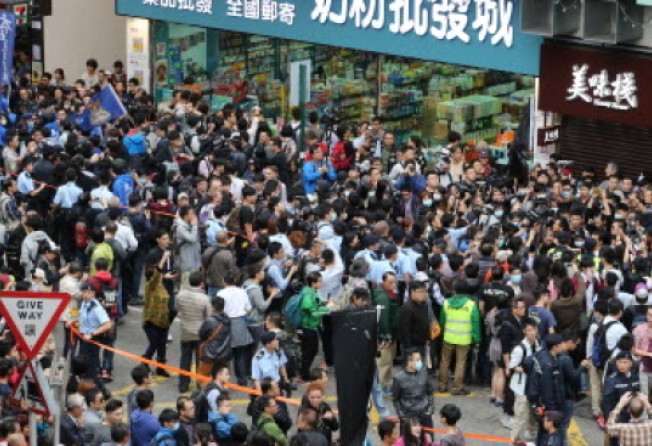Hong Kong nativists' constant need to find the next enemy makes no sense
Danny Chan deplores some Hongkongers' need to invent false rivalries just to fuel the movement. Wouldn't it be better to focus on the positive?

There is no such thing as Hong Kong "natives" if their nativism is bred from a reactionary womb that resists a vast array of invented and questionable rivalries, including against the local and central governments, throngs of mainland tourists and even street performers.
Though I can't say which materials will be used to sculpt the next invented enemy of Hong Kong, if this is really the only way the so-called localism or nativism movement can be initiated, then the situation is truly alarming.
Print option is available for subscribers only.
SUBSCRIBE NOW